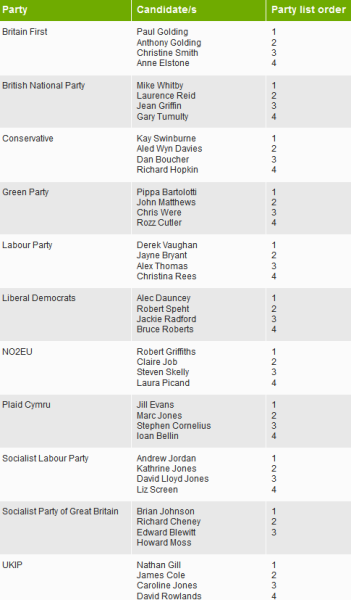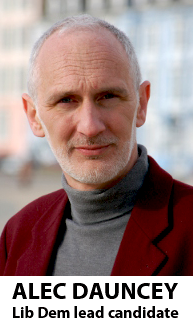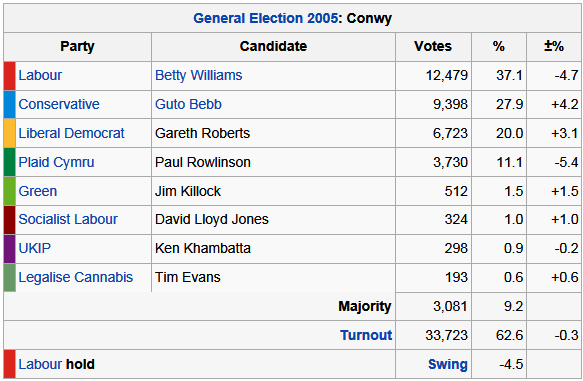The mythical Wales Green Party is holding its Annual General Meeting on Saturday at the Angel Hotel in Cardiff between 10:30 and 17:00. I have been given sight of some important documents that shed light on both the Greens’ approach to next year’s elections to the Notional Assembly and the personalities likely to be playing prominent roles in that campaign.
I describe this party as ‘mythical’ because there is no Wales Green Party, all we have is a regional branch of the Green Party of Englandandwales. But rather than confuse you as to why I’m writing about something that doesn’t exist, let us go along with the pretence and, for the purposes of this post, pretend that there is a Wales Green Party. (Though of course there isn’t.)
Let us start with the recent meeting of the party’s Council on October 10th. Among other things it was agreed that although she is ineligible – not even being a member of the Wales Green Party – UK deputy leader Amelia Womack will be standing for the Assembly next year in the Cardiff Central constituency while also topping the list in the South Wales Central region.
So much for rule books and the party constitution. Though I’m hearing that Ms Womack’s selection has not been universally accepted, and has the potential to cause serious disruption within the party.
Though it could be argued that there is a certain logic at work here. For how can this Womack woman be a member of a party that doesn’t exist? She is deputy leader of the only Green Party in Englandandwales, and is therefore perfectly entitled to stand.
Though the likeliest winner could be whoever tops the list for the Mid and West Wales region, and the one who’s bagged this spot is Alice Hooker-Stroud. It seems Hooker-Stroud has connections with the Centre for Alternative Technology in Corris (surprise! surprise!), and busies herself with other hippy activities in the area, such as the Machynlleth Housing Coop and the Machynlleth Food Coop.
But you have to give Hooker-Stroud credit, when it comes to self-publicity this girl is bloody good, as you’d expect from someone in her line of work, Public Relations and Communications. Her Linkedin profile is one of the fullest, most comprehensive, I’ve ever read.
Then there’s the videos . . . believe me, this girl is no shrinking violet, just Google Alice Hooker-Stroud to see what I mean. It should come as no surprise to learn that she is also standing for the leadership of the Wales Green Party, against the dynamic duo of Ashley Wakeling and Anthony Slaughter. ‘Leadership election!’ you cry, ‘what about Pippa Bartolotti?’
Ah, yes . . . I can’t keep the bad news from you any longer, boys and girls – Pippa Bartolotti is standing down! I must admit, I shed a little tear when I heard that news.
Here is Pippa’s valedictory report. It tells us just a little of what she’s been up to this year, from opening the Rhwiderin (sic) “Save our Woodlands” fund-raiser to hosting the South Wales Greens summer party. (My invitation must have got lost in the post.)
But don’t do anything drastic, for the lovely Pippa will be standing for the Assembly next year in Newport West, and also topping the regional list for South Wales East. So dry those eyes and put away the tissues!
UPDATE 16.12.2015: The winner is (drum roll!) . . . Alice Hooker Stroud! You will note that in the report I’ve linked to there is no mention of Ashley Wakeling; that’s because he pulled out of the contest at the end of November and resigned from the party. Reading his resignation blog post makes it clear that he was coming under attack from Neath . . . which is where Martyn Shrewsbury is now based . . . and seeing as Shrewsbury is La Bartolotti’s faithful retainer, dare we consider that getting rid of Wakeling was her way of ensuring the successor she prefers? Note that Wakeling was accused of being rather too fond of himself . . . so to prove his accusers wrong he will now stand in the Assembly elections as an independent.
*
In case you can’t make it to the AGM on Saturday, here is a copy of the agenda, to help you follow the international media coverage I’m sure the event will generate. Having flicked through it myself, I urge you to read it, because it’s more than just an agenda, it runs to 29 pages and is also an annual report, a balance sheet, a list of officials and candidates, election results and reports, and much, much more. It is a very revealing document.
For example, it reminds us what a thoroughly English and middle class party the Green Party is with this analysis of its general election candidates in Wales.
Elsewhere the membership secretary boasts that membership has doubled in 2015, to a high point of 2,850 on September 6, but then has to concede that things have gone into reverse since Corbyn became Labour leader.
Though I found it encouraging to read that the Green Party supports the “greater economic independence of poor countries” . . . but not of course, Wales.
*
Another document of which I have had sight is the Greens’ Strategy document 2015 – 2017. I can also recommend this 28-page document, it’s another fascinating read. I suppose no one should be surprised by this, but for next year’s Assembly elections the Greens will be bringing in lots of helpers from England . . . how will we manage to tell them apart from our ‘Welsh’ Greens?
Anyway, the Greens’ primary objectives for the Assembly elections next year are set out in the panel below.
Elsewhere in the document we are told that ‘our core demographic remains the left-of-centre “lower class professionals”, likely to work in the third sector or the creative industries’. Plus of course, layabout hippies and other wastrels infesting the Welsh countryside.
Annex 2:5 is good for a laugh. For once the Greens get something right; yes, Plaid Cymru is on a downward trend, and at present it’s still slow. But anyone who believes that Plaid Cymru is a party that wants independence hasn’t been paying attention, or doesn’t know much about Wales, both of which could apply to the Green Party.
Plaid Cymru also gets a mention in a discussion of election strategies and relationships with other parties.
Them bloody badgers!
The final part of the document is taken up with wild hypothesising and guesswork on election outcomes. Here’s an example: ‘Some of the implications are downright weird – for example, in MWW (Mid and West Wales), if the Corbyn bubble continues to expand, we should target Plaid Cymru, but if it bursts, we should target the Lib Dems’.
Believe me, there are some really strange and highly improbable – though very entertaining – calculations in there (some even involve the Socialist Labour Party!), but I shall avoid any snide reference to smoking.
*
I have written about the Greens more than once, most recently about a year ago, with Plaid Cymru and the Green Party of Englandandwales (November 10) and More on the Green Party of Englandandwales (November 17). Reading these posts will tell you how I feel about them. The documents I’ve read this week only confirm me in my contempt.
Because those documents reminded us yet again what a thoroughly English party the Greens in Wales are. Dozens, perhaps hundreds of names are given in them, and yet I doubt if more than a handful are Welsh. Alice Hooker-Stroud clams to have attended Llanfyllin High School; maybe she did, but I guarantee she comes from a white settler family.
There is something so ineffably colonialist about the Greens in Wales that I cannot think of any comparison. Not simply because they’re English, but also because of their dictatorial ‘We know best’ attitudes. I cannot think of any party, operating in any Western country, that is so divorced from the indigenous population of that country. So where should we look for an analogy – the Chinese Communist Party in Tibet?
Any Welsh person with concerns for the environment should think long and hard before voting for a party whose members regard him as a quaint and primitive native. And if Plaid Cymru suggests another deal with the Green Party of Englandandwales then that should be taken as final confirmation that Plaid has given up all hope of victory.
UPDATE 12:50: I’ve just been told that Dan Boyle has been appointed to manage the Greens’ Assembly campaign next year. Who is Dan Boyle? Well, he’s an Irish politician, from Cork. In his favour – and unlike the shower we’ve got in Wales – this guy has actually been elected. But he doesn’t know Wales any better than those who’ve appointed him. I hope he knows what he’s let himself in for.
UPDATE 20.11.2015: Predictably, I suppose, this post didn’t go down well in Green circles. To get revenge La Bartolotti revived her attack hamster, Martyn Shrewsbury. Here’s his comeback post. Shrewsbury has served this purpose before as this makes clear. Here’s another account. As these sources also remind us, Shrewsbury very nearly ended up in the slammer. Here’s one report of the case.
I’ve said it before and I’ll say it again, there are some very ugly people in the Wales Branch of the Green Party of Englandandwales. When they aren’t fighting each other like ferrets in a sack they’re up to dirty tricks against anyone exposing them for the charlatans they are. Sometimes it’s both.

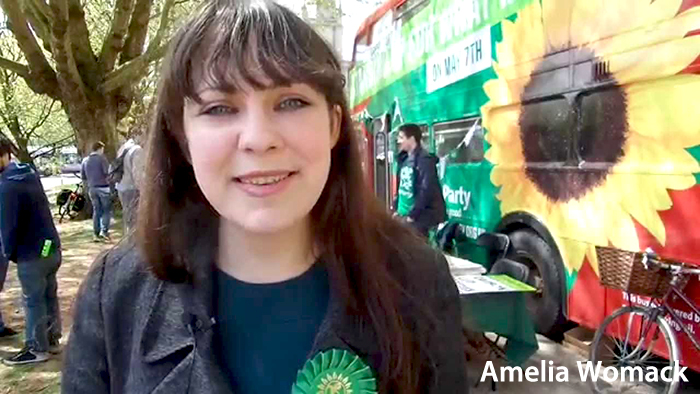
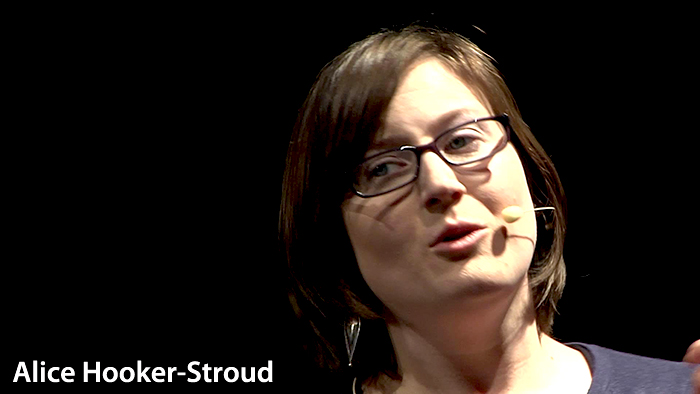
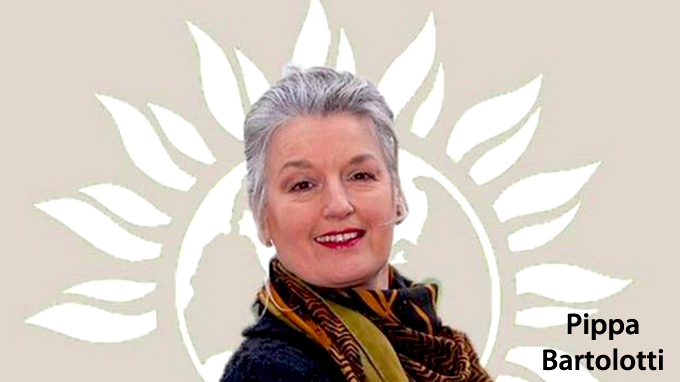









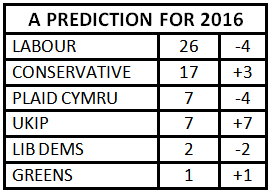




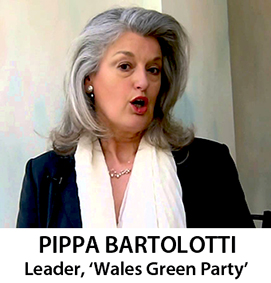
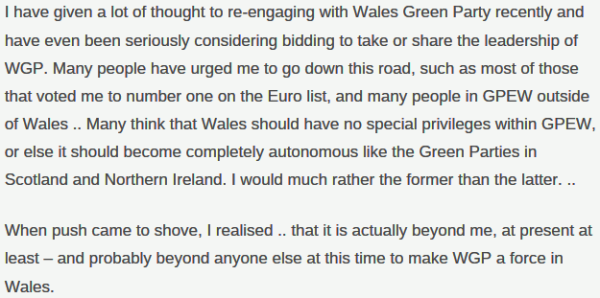


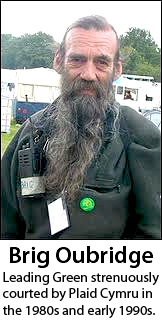

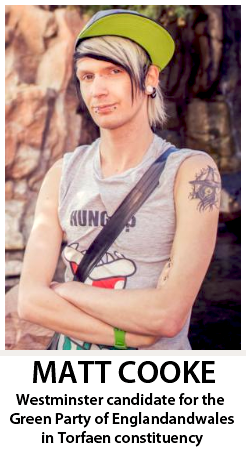

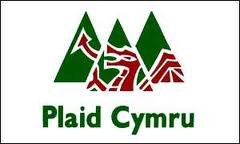 s readers of this blog will know – I don’t really support Plaid Cymru, I haven’t supported the party for decades. I don’t believe in Plaid Cymru, it’s policies, its leaders, its anything. Which means that since I lost faith in the party I have been voting Plaid Cymru for the wrong reasons: 1/ Because there is no real alternative and 2/ Because I hoped that my vote, and the votes of others like me, would help Plaid Cymru to be viewed – in England – as ‘the voice of Welsh nationalism’ and might therefore get Wales a better deal. But the first reason is totally negative and the second is nonsense, because anyone who studies Plaid Cymru for ten minutes knows that far from being a threat to the constitutional status quo it is actually one of its pillars.
s readers of this blog will know – I don’t really support Plaid Cymru, I haven’t supported the party for decades. I don’t believe in Plaid Cymru, it’s policies, its leaders, its anything. Which means that since I lost faith in the party I have been voting Plaid Cymru for the wrong reasons: 1/ Because there is no real alternative and 2/ Because I hoped that my vote, and the votes of others like me, would help Plaid Cymru to be viewed – in England – as ‘the voice of Welsh nationalism’ and might therefore get Wales a better deal. But the first reason is totally negative and the second is nonsense, because anyone who studies Plaid Cymru for ten minutes knows that far from being a threat to the constitutional status quo it is actually one of its pillars. es, and our inevitable assimilation into England, is off the agenda . . . of a ‘national’ party!
es, and our inevitable assimilation into England, is off the agenda . . . of a ‘national’ party!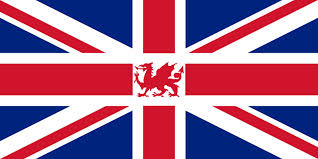 outhern vote is there for the taking . . . but not by a party with all the appeal of Sinn Féin on the Shankill Road!
outhern vote is there for the taking . . . but not by a party with all the appeal of Sinn Féin on the Shankill Road!